5 REASONS TO REWILD: In Celebration of World Rewilding Day, Let’s Celebrate Some of the Many Reasons for Rewilding
Happy World Rewilding Day! If you don’t already know, rewilding is a conservation practice that focuses on letting nature take care of itself. When humans get out of nature’s way, we enable natural processes to repair damaged ecosystems, restore degraded landscapes, and create wilder, more biodiverse habitats. This benefits not only the natural places, but everyone who lives within them — especially humans. Read on for five key reasons we rewild, all around the world.
1. Rewild to stabilize the climate.
Did you know that billions of experts are, at this very moment, sequestering carbon out of the atmosphere? These experts don’t wear lab coats or attend global conferences — they are wildebeest, elephants, and countless others. They’re nature’s own experts on pulling vast amounts of CO2 from the atmosphere into more stable formats.
The rewilding efforts made in the Serengeti to restore the wildebeest population has transformed the area from a carbon source to a carbon sink. Thanks to these hoofed carbon experts, the Serengeti now takes up an additional 8 million tons of carbon annually. For reference, that offsets the annual CO2 emissions from Kenya and Tanzania — combined.
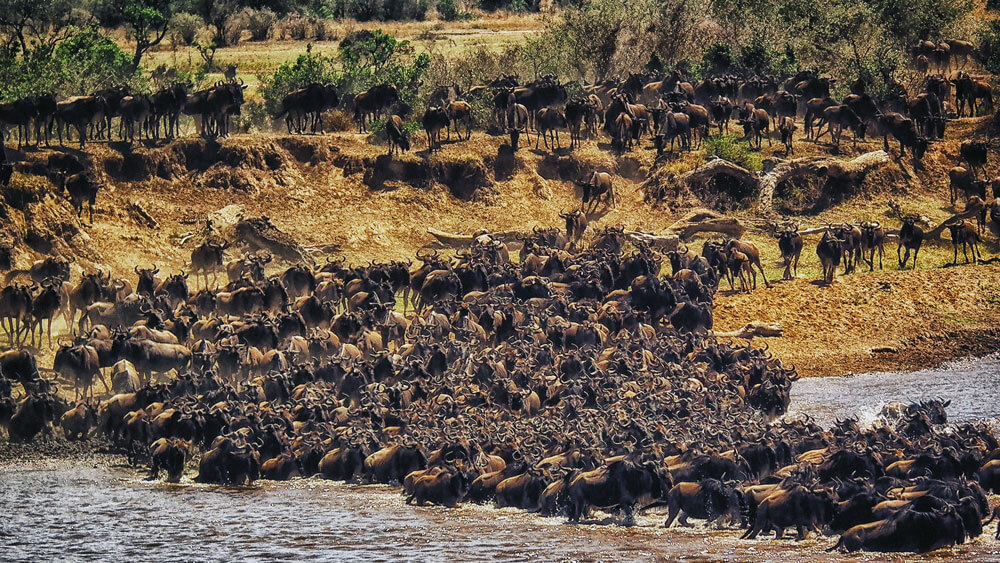
Migrating wildebeest, Maasai Mara National Park, Kenya.
If historic populations of 1.1 million elephants were restored in the central African Congo Basin, they could naturally store an additional 85 million tons of carbon by increasing upper canopy trees’ ability to capture carbon. That’s the equivalent of France’s annual CO2 emissions!
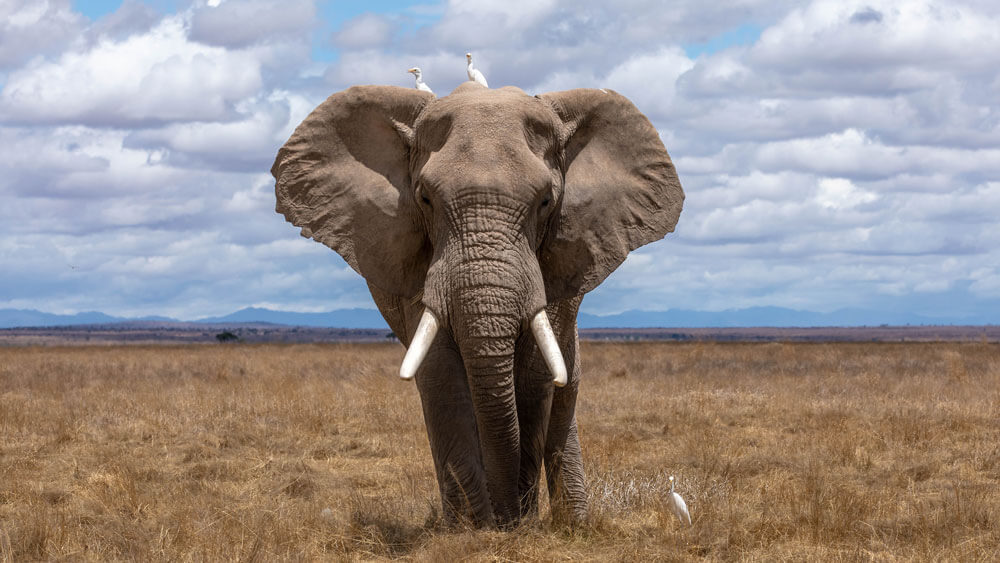
African elephant. Photo by Nam Anh.
In fact, healthy wildlife populations can increase Earth’s ability to store carbon by up to 12.5 times. If we tap into this incredible power, rewilding can remove over one third of the excess carbon from our atmosphere — so humans, wildebeest, and everyone else can all breathe a bit easier when it comes to stabilizing the climate.
2. Rewild to halt extinction.
We know of five mass extinction events throughout Earth’s history, and scientists believe we are entering the sixth. What sets this mass extinction apart from the previous ones is that modern extinctions are occurring hundreds of times faster due to human activity. According to a report from the UN, at least 1 million plant and animal species face extinction within mere decades.
Areas and wildlands stewarded by Indigenous Peoples are the cornerstones of Earth’s remaining biodiversity. Though Indigenous Peoples comprise less than 5% of the world’s population, they protect 80% of global diversity. When we rewild natural places and support Indigenous Peoples, we protect a mind-boggling number of species.
3. Rewild to invest in business.
Sustainable and ethical businesses like Teeccino depend on wild nature to provide healthy products that benefit their consumers, the communities that help make them, and the planet itself. Teeccino employs people living in the Maya Biosphere Reserve to harvest the ramon seed, an ingredient that was going to waste on the forest floor.
This holistic business view adds economic value to standing trees — encouraging the rest of the world to keep them standing. As a result, rainforests are preserved and kept in harmony with the people who depend on it for their livelihoods. The ramon tree has the added benefit of spreading easily to areas that have been illegally logged or burned.
For Teeccino, 80% of their ingredients come from wild forests, so rewilding is an obvious choice. But rewilding is a critical part of every business plan. According to Business Wire, 85% of consumers are supporting more sustainable businesses. This rising level of consumer consciousness proves that rewilding isn’t just better for the planet, it’s better for business. When we rewild Earth, we provide the stability and abundance needed for a healthy marketplace.
4. Rewild for people.
Rewilding and securing high levels of biodiversity help humans flourish at every level of their needs. From the basic needs of shelter, food, and water, to flourishing global marketplace economies, rewilding Earth adds value to every level of the human equation.
Food and water:
Globally, billions of people depend on nature and species for their day-to-day food, water, medicine, and economic opportunities. Rewilding helps support at least 1.4 billion people who are engaged in subsistence economies where nature is the most key resource of all.
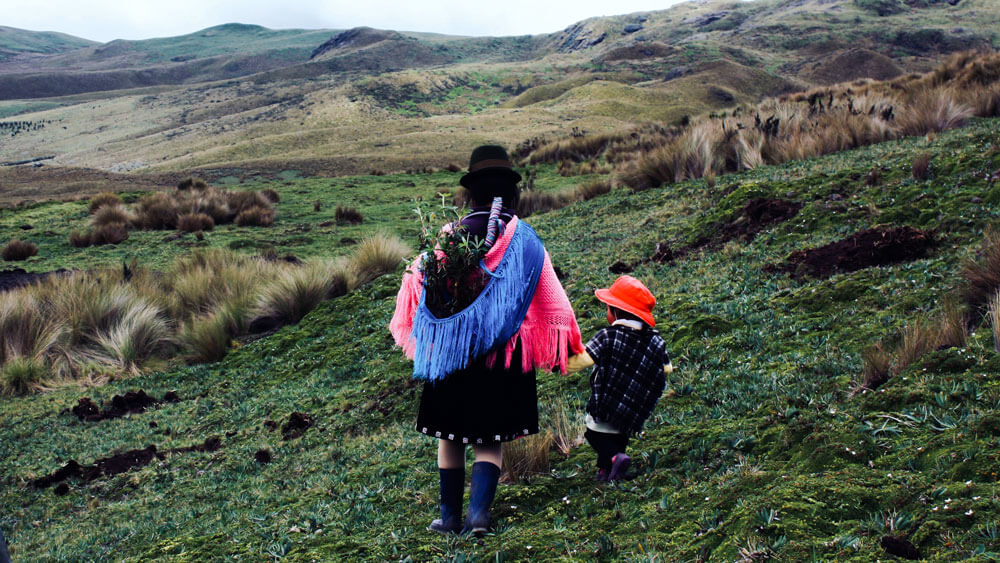
Guangaje, Ecuador: After the blessing of a water spring, a mother with a child returns home. Photo by Azzedine Rouichi.
If that feels distant or difficult to grasp, think of your own dinner plate. Around 75% of global food crops rely on animals like bees to pollinate them to some extent. Imagine if three quarters of your pantry were to vanish.
Additionally, natural spaces are the primary source of drinking water for over a third of the world’s largest cities and ensure global food security.
When we rewild, we secure food and water for every table across the globe.
Business and pleasure:
With the decline of pollinators, more than US $235 billion of agricultural products are at risk. And that’s just food production.
At least 40% of the world’s economy is based on biological resources from wild areas, which is again at risk due to the rapid loss of biodiversity and natural places. Ecotourism is also in danger, as nature-related tourism is a significant income generator for communities all over the world.
Altogether, the food, commercial forestry, and ecotourism industries could lose US$ 338 billion per year if the loss of biodiversity continues at its current pace.
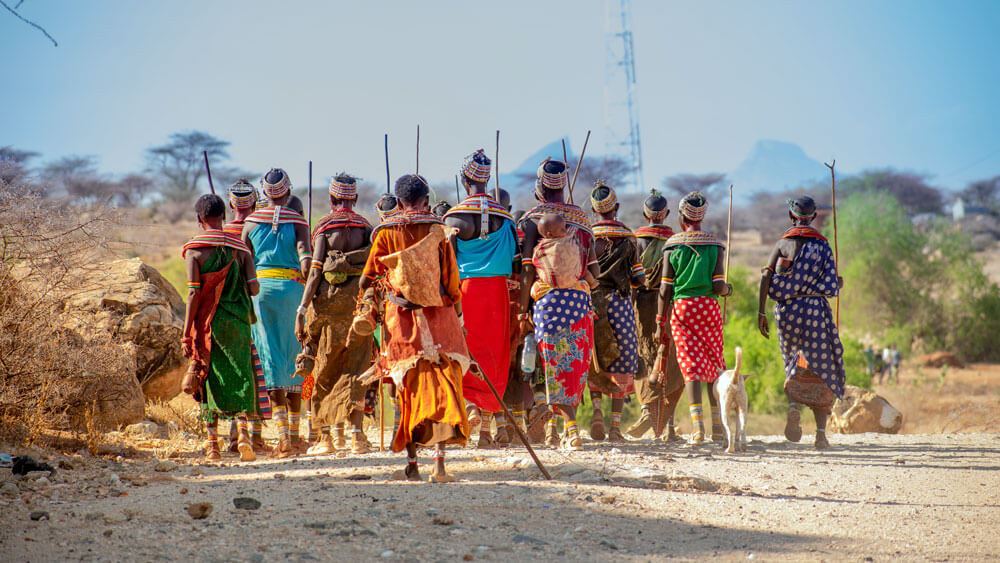
Traditional Samburu women. Photo by Ken Kahiri.
Creativity and wellbeing:
Nature has been a muse for countless painters, poets, authors, storytellers, spiritual leaders, and many others. Have you heard of forest bathing (shinrin-yoku), a term that originated in Japan? Without wild places, we can’t tap into all the different kinds of wellness that nature brings us.
5. Rewild to return the favor.
Society’s most important relationship is with the natural world.
In fact, 142 countries rely on 231 species as formal, national symbols. Unfortunately, more than one-third of those species are threatened. Here’s the good news: the bald eagle and American bison are examples of conservation successes because of their role as national symbols. This shows that rewilding does more than protect species, it can protect our cultures and identities as human beings.
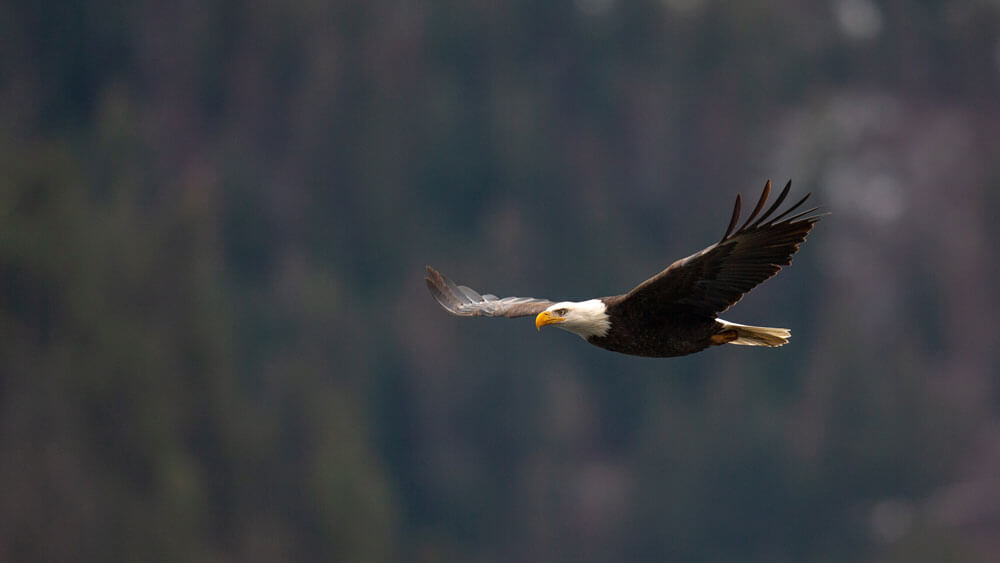
Bald eagle flying over Lake Coeur d’Alene in Coeur d’Alene, Idaho. Photo by Jason Buscema.
Nature has supported, nurtured, and inspired humans for our entire history. It’s our turn to nurture nature by rewilding.
Happy World Rewilding Day
Share this article with a friend, family member, or fellow wildebeest enthusiast and consider how you can support Rewilding from your own home. Learning more and sharing with the people in your life is a powerful start.
You can also support World Rewilding Day by calling your representatives to tell them how important biodiversity and the protection of natural spaces is. Feel free to send them this post! Tell them that rewilding benefits the planet through climate stabilization, supplying people with the food, water, and medicine that they need to survive and flourish, and supporting economies through resource generation. Pro-tip: calling out how much money agriculture and tourism stand to lose can be quite convincing to legislators — US$ 338 billion annually.
Have a Happy World Rewilding Day, and remember that you are not alone when it comes to protecting the planet and all who call it home.
– By Jill DeBiase
Read Next
You Can Help Bring Justice to the Biosphere and Save Life on Earth
WILD is linking people around the world with the effort to restore traditional lands to the Yawanawa People. And you can help!
Yes, You Actually Can Help Local Communities in West Africa & Slow Mass Extinction too!
Because of the Mali Elephant Project people are able to help restore and protect elephant habitat in an economically and ecologically challenging context
The Time to Act Was Yesterday
Encouraging and strengthening young conservation leaders is absolutely essential if we are to achieve a just and sustainable future. Learn more about CoalitionWILD – WILD’s young conservation leader network.
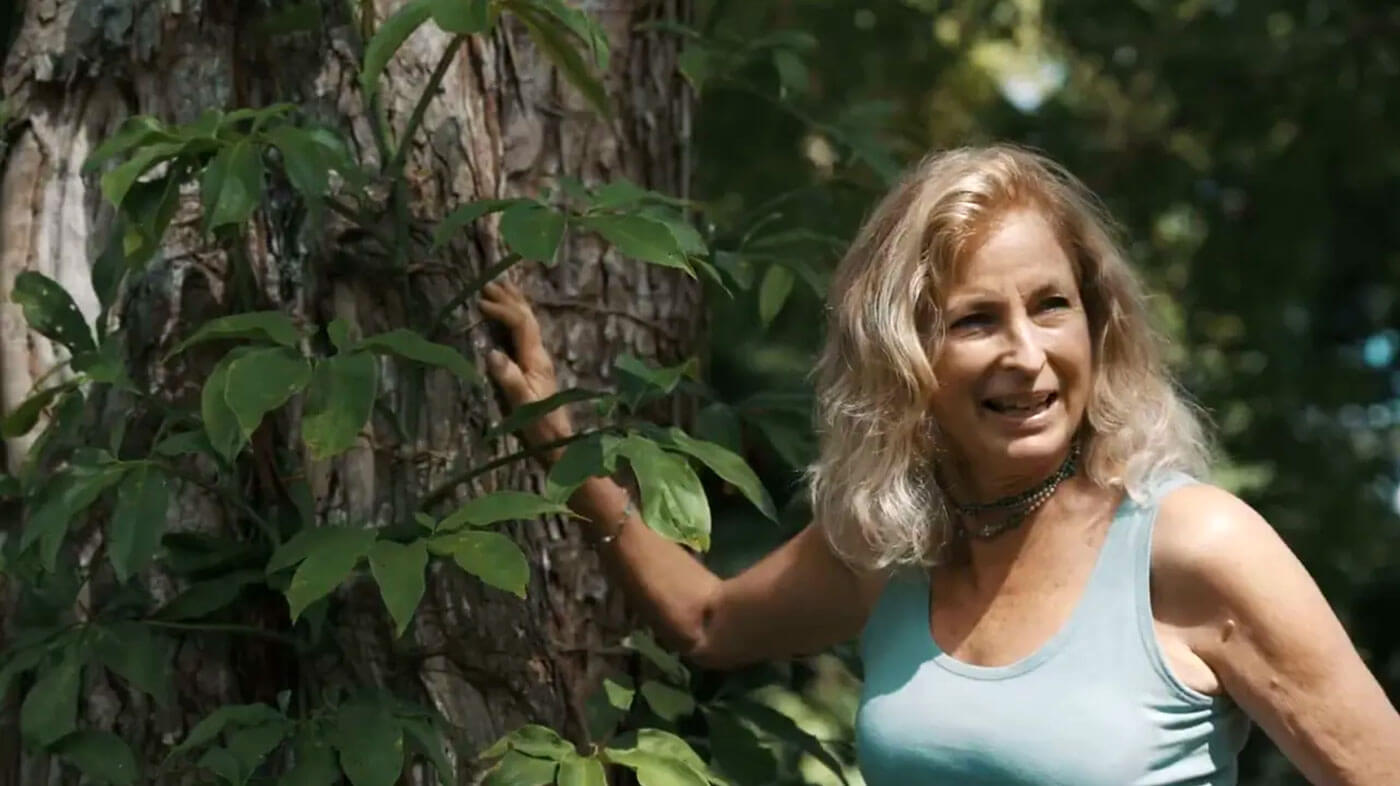
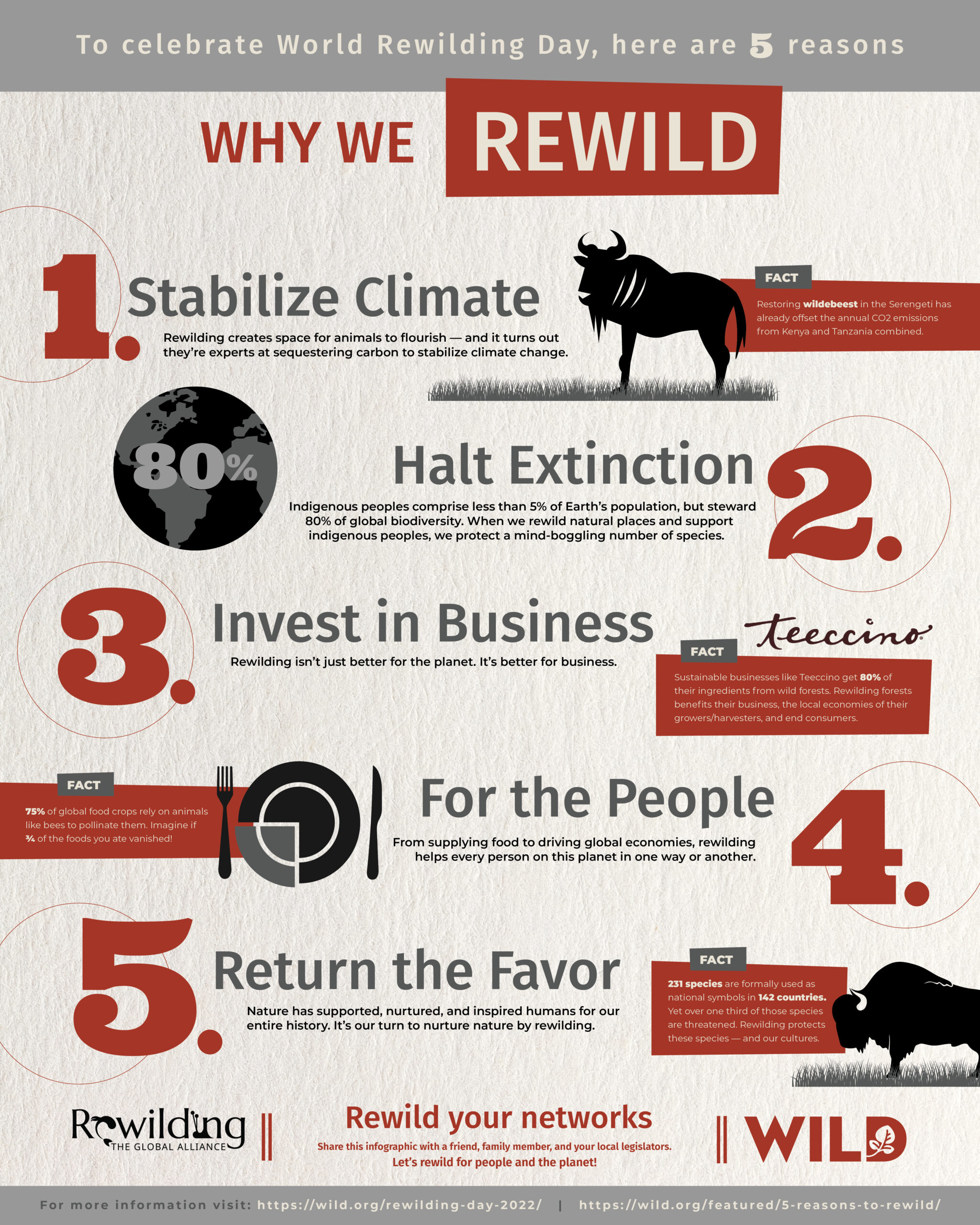
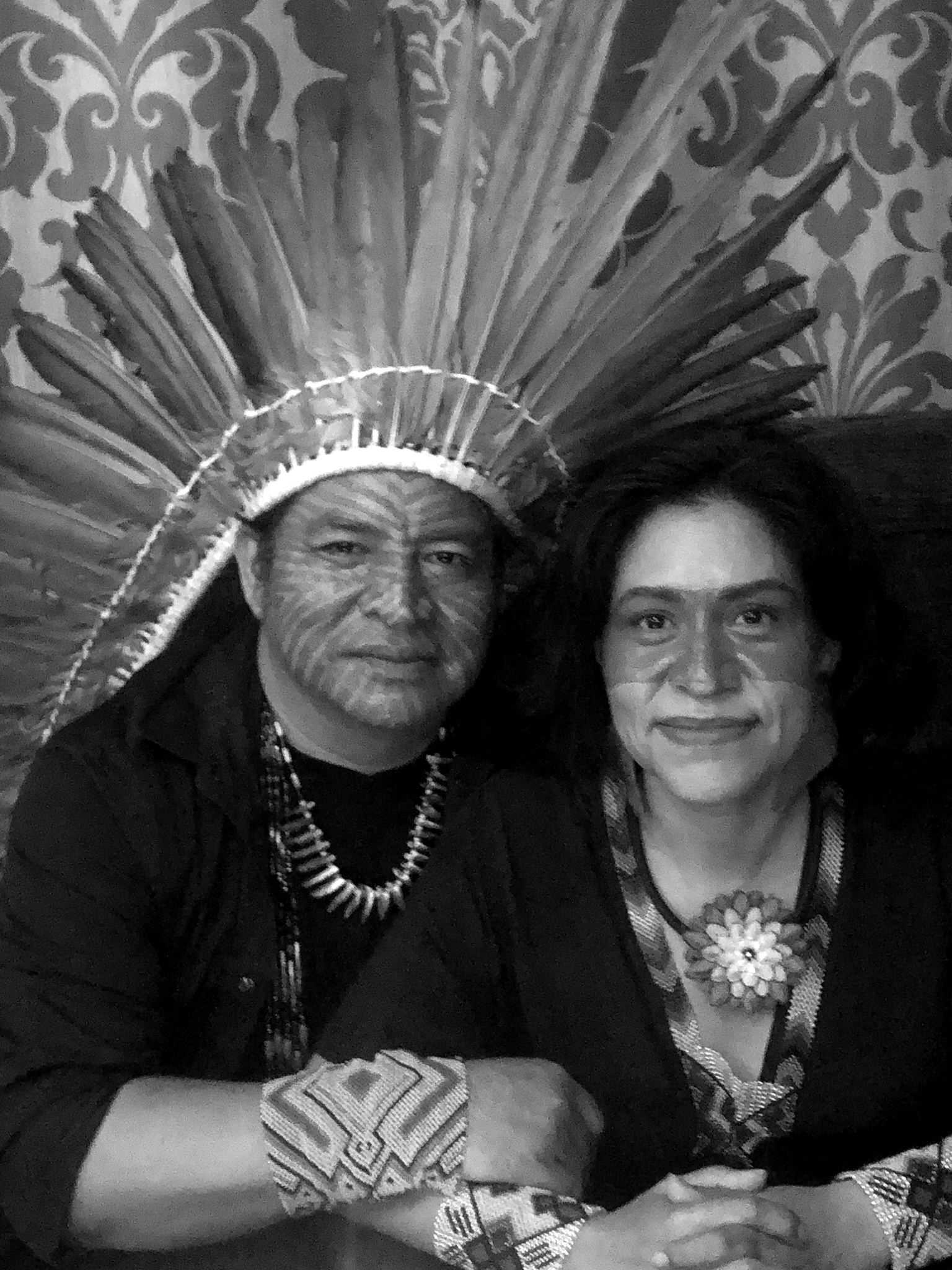
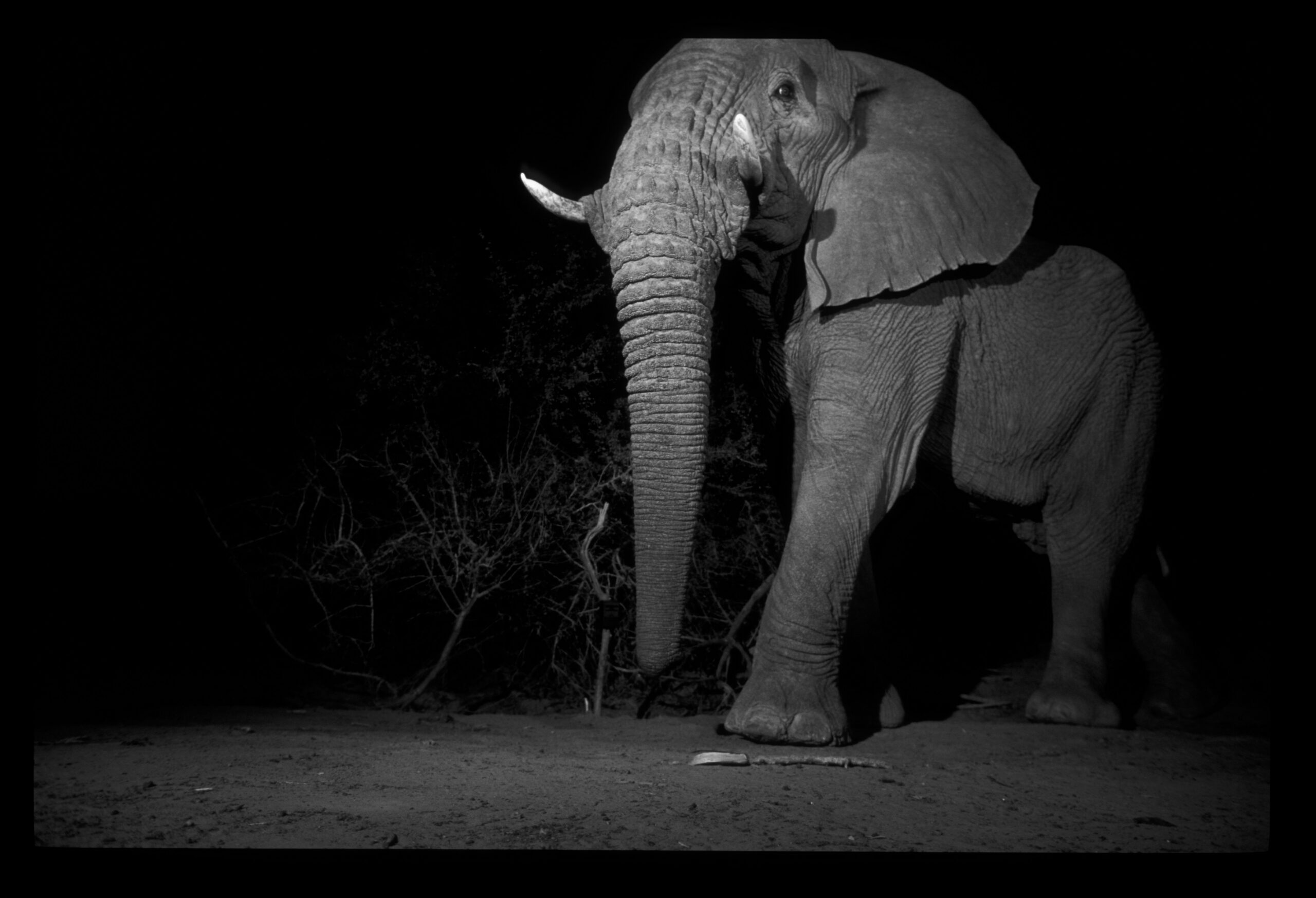

Comment *Beatifull work, the planet Earth deserve it and you too, i love you!!